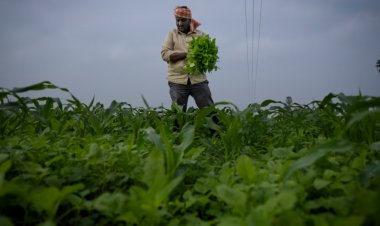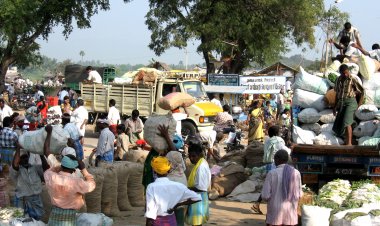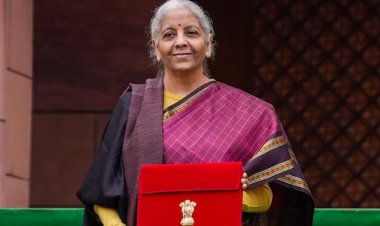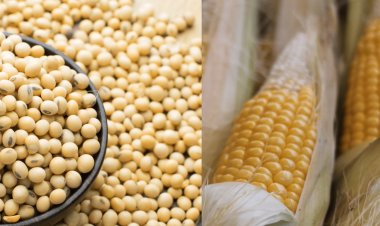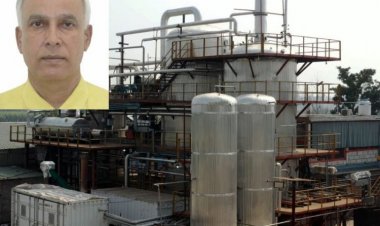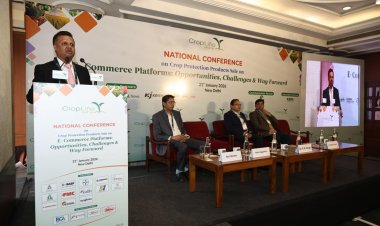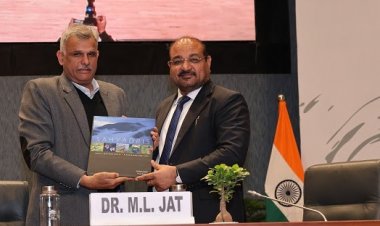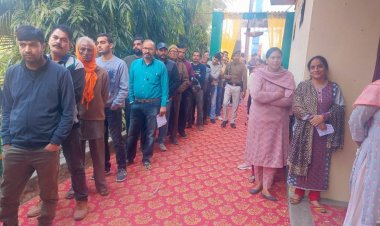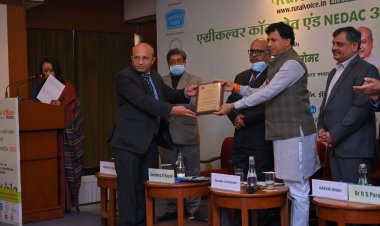No discussion about PSH at MC12 disappointing; Agreement on Fisheries Subsidies also to lead to troubles
The “MC12 Outcome Document” makes no mention of the PSH issue. This happened despite the fact that the G-33 (a group of 47 developing countries, including India, focusing on issues of food security and rural livelihoods) had made a submission before MC12 proposing a way forward. The failure to create momentum in the discussions in presence of the trade ministers should be seen as a disappointing result.
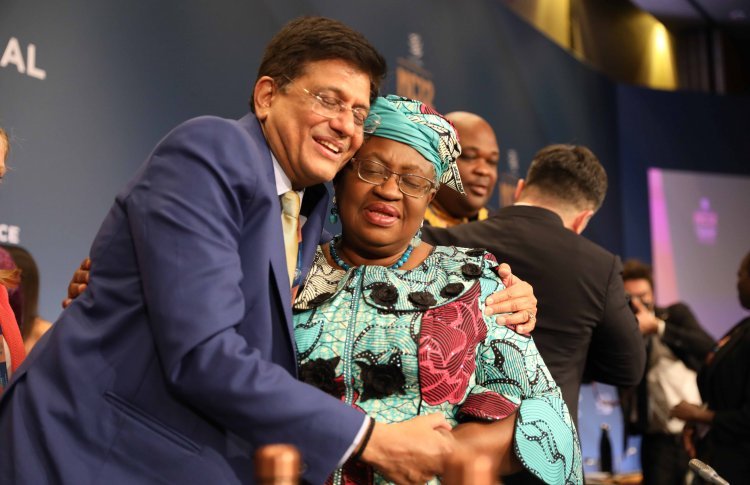
The World Trade Organization (WTO) convened its 12th Ministerial Conference (MC12) in Geneva when the multilateral trading system is facing two significant challenges. First, the global economy is at a low ebb, having been dealt twin blows in quick succession, and therefore the WTO has to provide enabling environments to its member states, especially the developing countries, to ensure that they recover quickly. Second, WTO has long been facing questions regarding its legitimacy, and over the past few years, they have been the loudest since its establishment nearly four decades back mainly due to its inability to take decisions. Therefore, when the MC12 Ministerial Decisions were finally adopted unanimously after extended deliberations, there was a palpable sense of achievement. Now is the time to dispassionately analyze the outcomes and to what extent the outcomes meet India’s expectations that the government had set in the run-up to MC12.
Unresolved issues in agriculture
India had two major expectations from MC12 as far as the agricultural sector is concerned. The issue of public stockholding of foodgrains (PSH) for food security purposes, because of which the operation of the public distribution system (PDS) under the National Food Security Act has been under a cloud since its inception, had to find a permanent solution. A threat to the PDS can potentially derail the entire system of public procurement of foodgrains since the two systems dovetail with each other. Currently, the operation of the PDS enjoys a temporary respite from being challenged in the WTO because of the “peace clause” that was negotiated in 2013. But when the “peace clause” was agreed upon, it was also decided that WTO members would “negotiate on an agreement for a permanent solution” for PSH by 2017.
Five years after that deadline had passed, MC12 failed to even take cognizance of this critical issue for India. The “MC12 Outcome Document” makes no mention of this issue. This happened despite the fact that the G-33 (a group of 47 developing countries, including India, focusing on issues of food security and rural livelihoods) had made a submission before MC12 proposing a way forward (https://bit.ly/3n27dkf). The failure to create momentum in the discussions in presence of the trade ministers should be seen as a disappointing result.
But while there is no immediate threat to the future of the PDS, what needed urgent attention is a contentious condition in the “peace clause” that prevents India from exporting from the PSH. This condition has been in focus since India has emerged as a large exporter of wheat and non-basmati rice. In WTO’s Committee on Agriculture, which oversees the Agreement on Agriculture, several countries have been seeking clarifications from India whether the foodgrains procured by the government and held in buffer stocks are eventually finding their way into the international market. The contention of these countries is that India is dumping subsidized grains in the global markets.
It may be pointed out that most countries raising the red flag against India’s exports are the advanced countries that have been supporting the operations of their large companies that dominate the global grain markets. Thus, when large subsidizers are dominating the global market for grains, there is, therefore, a strong case for India to argue for the removal of the export restriction condition in the “peace clause”. More importantly, this issue must be resolved in the interests of the net food-importing countries, for if India is prevented from exporting, global food shortages would get even worse.
Problematic Agreement on Fisheries Subsidies
The Agreement on Fisheries Subsidies was concluded in MC12, the negotiations for which were initiated at the Doha Ministerial Conference in 2001. India had a strong economic and moral position on the issue of reining in fisheries subsidies. India’s consistent position was that while it is important to eliminate subsidies granted to the commercial interests, which are threatening global fish stocks, there must be a window for continuing subsidies to smaller fisherfolk who have usually followed environmentally sustainable practices. The continuance of subsidies was also vital for protecting the livelihoods of the small fisherfolk, India argued.
However, the Agreement on Fisheries Subsidies does not reflect India’s concerns. The Agreement enables developing countries to provide subsidies for two years to vessels or operators engaged in illegal, unreported and unregulated (IUU) fishing or for fishing or fishing-related activities regarding an overfished stock, up to and within their respective exclusive economic zones (EEZs). What happens to the future of subsidies to fisherfolk after two years is left uncertain since there is no other provision in the Agreement that guarantees special and differential treatment (S&DT) to developing countries, using which India can grant subsidies.
This issue assumes importance on account of a provision in the fisheries subsidies agreement which states as follows: “A Member shall take special care and exercise due restraint when granting subsidies to fishing or fishing-related activities regarding stocks the status of which is unknown.” This implies that subsidies granted for fishing and fishing activities other than IUUs and “overfished stock” have also been put under the scanner in the agreement. While small fisherfolk in India neither engage in IUUs nor in fishing activities involving “overfished stock”, the above-mentioned provision in the fisheries subsidies’ agreement could prove to be an impediment to the continued provisioning of subsidies to the fisheries sector. The reason for this is the fact that the mood in the WTO is to deny China and India the benefits of S&DT provisions, using which the subsidies to small fisherfolk could be continued. The inclusion of S&DT provisions in future negotiations seems problematic precisely for this reason.
The implications of these decisions in MC12 will surely leave the government with plenty to ponder about.
(Dr Biswajit Dhar is a Professor at the Centre for Economic Studies and Planning, School of Social Sciences, Jawaharlal Nehru University. The views expressed here are his own.)



 Join the RuralVoice whatsapp group
Join the RuralVoice whatsapp group


















